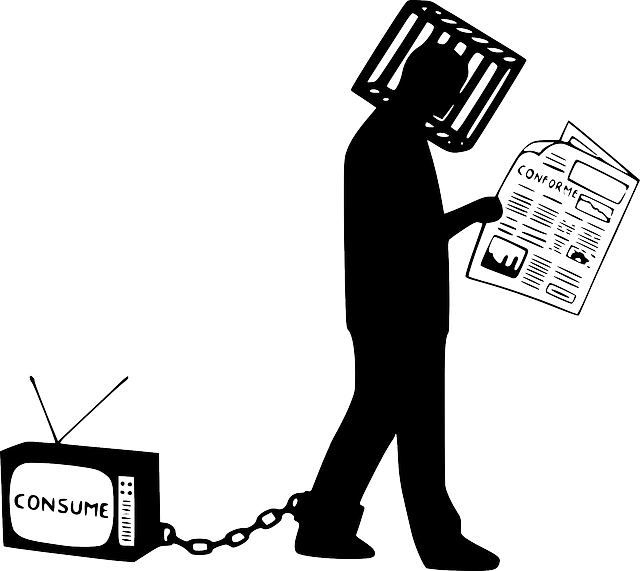Debt restructuring and debt review are two distinct strategies for managing debts. Restructuring involves renegotiating loan terms with lenders for lower interest rates or consolidating multiple debts, providing immediate relief but potentially impacting credit scores. In contrast, debt review focuses on assessing financial health without altering existing terms, creating a customized plan based on income, expenses, and obligations to manage and pay off debts sustainably. Debt review is ideal for overwhelming debt, offering clarity through comprehensive analysis and strategies like budget adjustments and creditor negotiation, while debt restructuring is suitable for severe debt burdens aiming for immediate relief.
Are you burdened by debt and unsure which path to choose? Discover the nuances of Debt Restructuring vs. Debt Review, two powerful strategies with distinct benefits. This comprehensive guide breaks down each option, exploring their unique advantages and drawbacks. From understanding the fundamentals to tailoring solutions for your financial predicament, this article empowers you to make an informed decision tailored to your needs. Uncover which approach aligns best with your journey towards financial freedom.
- Understanding Debt Restructuring: A Comprehensive Overview
- The Role of Debt Review in Financial Management
- Comparing Approaches: Pros and Cons of Each Strategy
- Making an Informed Decision: Choosing the Best Option for Your Financial Needs
Understanding Debt Restructuring: A Comprehensive Overview

Debt restructuring and debt review are two distinct strategies for managing financial obligations, each with its own set of benefits and drawbacks. Debt restructuring involves a comprehensive overhaul of your existing debt agreements. This can include negotiating new terms with lenders, such as lower interest rates, extended repayment periods, or even the consolidation of multiple debts into a single, more manageable loan. The goal is to simplify your financial burden and create a long-term solution for repaying your debts.
When considering debt restructuring, it’s crucial to understand that this process often requires significant credit evaluation and may impact your credit score. However, it can provide immediate relief by reducing monthly payments and potentially lowering overall interest costs. On the other hand, debt review focuses on evaluating your financial situation to identify areas for improvement without necessarily changing the terms of your existing debts. This involves analyzing your income, expenses, and debt obligations to create a customized plan to better manage and eventually pay off your debts.
The Role of Debt Review in Financial Management

Debt review is a crucial step in financial management, especially when facing overwhelming debt. It involves a thorough analysis of your current financial situation, including all debts, income, and expenses. This process helps individuals gain clarity on their monetary obligations and makes informed decisions about managing them effectively. By understanding the full scope of one’s debt, individuals can assess if restructuring is the best course of action or if a different strategy, like debt management through budget adjustments and negotiation with creditors, would be more beneficial.
In contrast to debt restructuring, which often involves altering the terms of the loan, debt review focuses on creating a sustainable repayment plan within existing parameters. It empowers individuals to take control of their finances by offering strategies to reduce interest rates, extend repayment periods, or negotiate lower payments. This proactive approach is particularly valuable for those looking to avoid the complexities and potential long-term effects of restructuring, aiming instead for a more manageable and feasible solution in the short term.
Comparing Approaches: Pros and Cons of Each Strategy

When considering debt management, understanding the differences between debt restructuring and debt review is crucial for making an informed decision. Both strategies aim to alleviate financial strain but take distinct approaches.
Debt restructuring involves renegotiating the terms of your existing debts, often leading to lower interest rates, extended repayment periods, or a combination of both. This approach is ideal for individuals drowning in debt with multiple creditors, offering a more comprehensive solution by simplifying repayment and potentially saving on interest charges. However, it may require significant credit assessment and could impact one’s credit score. On the other hand, debt review focuses on evaluating your financial situation, identifying areas of improvement, and creating a tailored plan to stick to budget constraints. It is beneficial for those who need help managing their debt but still have manageable credit ratings, as it emphasizes responsible spending habits and long-term financial health.
Making an Informed Decision: Choosing the Best Option for Your Financial Needs

When considering your financial options, it’s crucial to understand the distinctions between debt restructuring and debt review. Both approaches aim to alleviate financial burden but offer different strategies. Debt restructuring involves renegotiating the terms of your existing debt, often leading to lower interest rates, extended repayment periods, or a combination of both. This method is ideal when you’re overwhelmed by the sheer amount of debt or unable to make significant progress with minimal changes.
On the other hand, a debt review takes a more analytical approach. It involves evaluating your financial situation, identifying areas for improvement, and creating a tailored plan to manage debt effectively. This process might include budget adjustments, prioritizing debts, and exploring additional savings opportunities. Debt review is particularly suitable if you’re seeking long-term financial stability and want to understand the root causes of your debt accumulation.
When deciding between debt restructuring and debt review, understanding your financial goals is crucial. Both options offer distinct advantages in managing debt, but they cater to different needs. Debt restructuring is ideal for those seeking a comprehensive solution with long-term benefits, while debt review provides a tactical approach for immediate relief. By carefully considering your financial situation and future aspirations, you can make an informed choice between these two effective strategies, ultimately paving the way for a healthier financial future.

